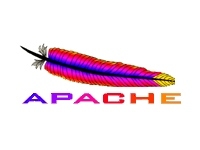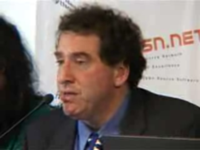
Oracle was the villain here. After buying Sun Microsystems, holder of important open source projects like Solaris, OpenOffice and Java, Oracle used its control of copyright for those projects to try and monetize them.
Programmers who had, in good faith, contributed their work to a shared code base, suddenly found a new owner trying to make money off their work. They were pissed.
But Oracle had found a loophole in the open source ethos. Copyright could control code. So the license a project had, and the position of that license on what I termed the Open Source Incline, didn't really matter. Copyright mattered. And without some control over copyright by an outside party, a project's new owner was free to do whatever they wanted.

Besides, Apache supports a BSD-like license, the Apache license. Beloved of corporate America because it's “permissive,” it basically permits any member of the project from withholding their own code contributions and productizing them. You need X to make Y work, pay – even if you were a code contributor to X.

The idea is that if a project holding copyrights tries to take away your rights and make code proprietary, you can pull your copyright back and prevent that from happening.
HPCC is Lexis-Nexis' attempt to get some visibility in the cloud space. Variously billed as a supercomputer and a Hadoop competitor, it's available on Github, and it's looking for help. It comes with endorsements from Sandia National Labs and the Georgia Tech Research Institute, but it's really a day late and a dollar short to the cloud party.
Thus, the attempt to be more open source than thou. It's a competitive thing.
Can it work? The promise, and Perens' place in the larger GPL community, means more at this point than HPCC. I'd hate to see the fate of an interesting idea tied to a project that may or may not succeed in gaining developer traction.
What this really amounts to is an attempt by followers of copyleft to compete with market changes made by copyright extremists and remain relevant against “permissive” (property-oriented) licenses like Apache.
It's a good thing, but how good remains to be seen.










